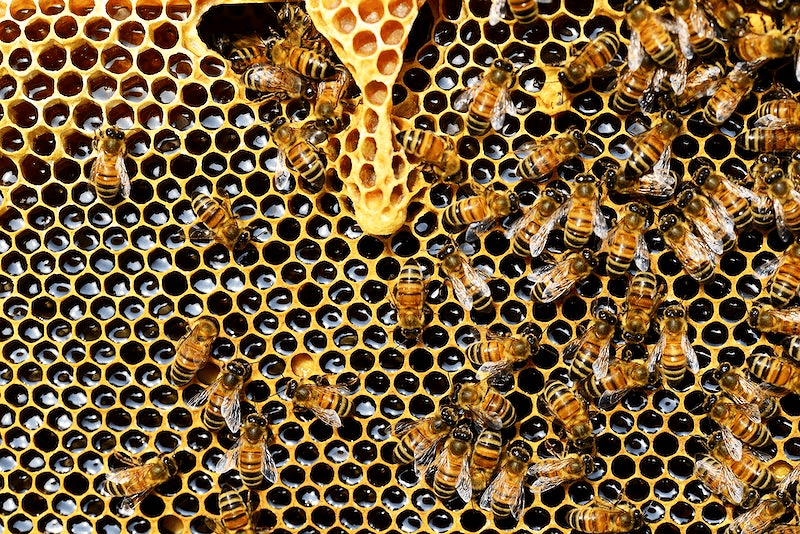“Bee populations in the United States are declining at a rapid, unprecedented rate,” Ohio State University first reported in 2020. Phys.org added last May that “Honey bee populations may collapse due to ineffective defenses,” while the Associated Press further asserted, “Nearly half [48 percent] of US honeybee colonies died last year.”
Collapsed? Like physically imploded?
It’s the Bee-pocalypse! Terrible food shortages, including honey!
And it’s all false.
“Three-quarters of our crops depend on pollinators to some extent, but only one-third of global crop production does,” notes the website Our World in Data. “This is because many of our largest producing crops (staples such as cereals) are not dependent on them at all.” Further, “[v]ery few crops are completely dependent.” Indeed, “studies suggest crop production would decline by around 5% in higher income countries, and 8% at low-to-middle incomes if pollinator insects vanished.” Not good; but not the bee-pocalypse.
…
The fact is that hive numbers are always waxing and waning. This isn’t a factory assembly line; it’s nature. Staple crop outputs also wax and wane. While naturally human factors such as pesticides and alleged global warming get cited when they wane, there are much bigger culprits — such as weather and, when it comes to hives, the parasitic mite Varroa destructor, which helps transmit viruses.































